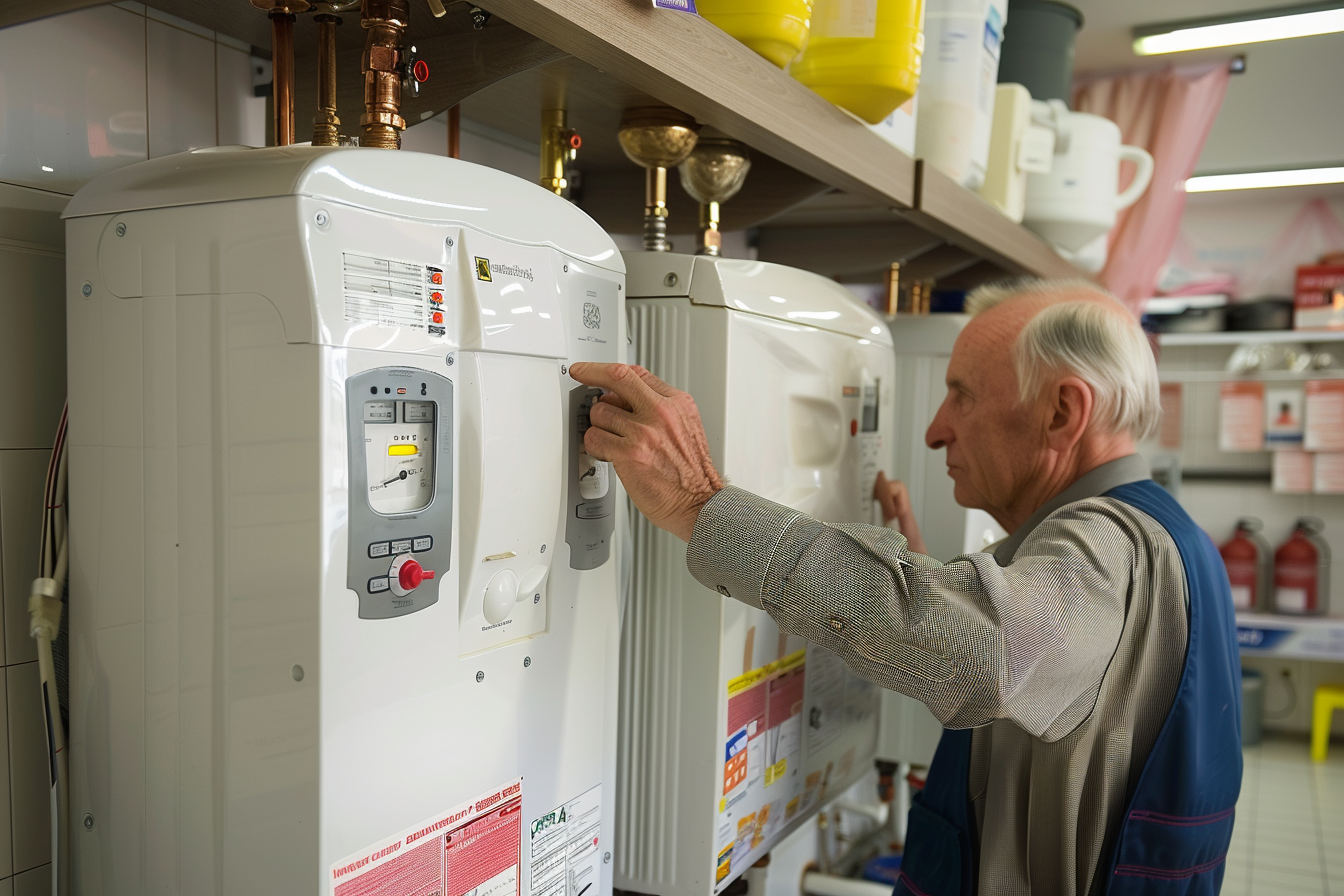Boiler Replacement Grants for Seniors in the UK: A Comprehensive Guide
As the cost of living continues to rise, many seniors in the UK are looking for ways to reduce their energy bills and improve the efficiency of their homes. One significant area of concern is the heating system, particularly for those with older, inefficient boilers. Fortunately, there are various grants and schemes available to help seniors replace their outdated boilers with more energy-efficient models. This article will explore the options available for boiler replacement grants in 2025 and provide essential information for seniors looking to upgrade their heating systems.

What are boiler replacement grants for seniors?
Boiler replacement grants are financial assistance programs designed to help eligible individuals, including seniors, replace their old, inefficient boilers with newer, more energy-efficient models. These grants aim to reduce energy consumption, lower carbon emissions, and help households save money on their heating bills. In the UK, several schemes are available, each with its own set of eligibility criteria and benefits.
Who is eligible for boiler replacement grants in the UK?
Eligibility for boiler replacement grants in the UK typically depends on various factors, including age, income, and the current state of your boiler. Generally, seniors aged 60 and above may qualify for certain schemes, but specific requirements can vary. Some programs target low-income households or those receiving particular benefits, while others focus on properties with inefficient heating systems. It’s essential to check the criteria for each scheme, as they may change over time.
What types of boiler replacement schemes are available for seniors?
Several schemes are available to help seniors replace their boilers in the UK. The most prominent ones include:
-
ECO (Energy Company Obligation) Scheme: This government-mandated program requires large energy suppliers to provide funding for energy-efficient home improvements, including boiler replacements.
-
Warm Home Discount Scheme: While not specifically for boiler replacements, this scheme offers rebates on energy bills, which can indirectly help with heating costs.
-
Local Authority Grants: Some local councils offer their own grants or schemes to help residents improve their home’s energy efficiency.
-
Renewable Heat Incentive (RHI): This scheme provides financial incentives for installing renewable heating systems, such as heat pumps or biomass boilers.
How can seniors apply for boiler replacement grants?
The application process for boiler replacement grants varies depending on the specific scheme. However, here are some general steps seniors can follow:
-
Research available schemes: Start by exploring the options mentioned above and any local initiatives in your area.
-
Check eligibility: Review the criteria for each scheme to determine if you qualify.
-
Gather necessary documents: This may include proof of age, income statements, and details about your current boiler.
-
Contact scheme providers: Reach out to the relevant organizations or your energy supplier to begin the application process.
-
Get a boiler assessment: Many schemes require a professional assessment of your current boiler to determine if replacement is necessary.
-
Complete the application: Submit all required documents and information as per the scheme’s guidelines.
What are the benefits of replacing an old boiler for seniors?
Replacing an old boiler can offer numerous benefits for seniors:
-
Reduced energy bills: Modern, efficient boilers can significantly lower heating costs.
-
Improved comfort: New boilers often provide more consistent heating throughout the home.
-
Enhanced safety: Older boilers may pose safety risks, which are mitigated with newer models.
-
Increased property value: An up-to-date heating system can make a home more attractive to potential buyers.
-
Environmental impact: Energy-efficient boilers reduce carbon emissions, contributing to a greener future.
How much can seniors save with a new, efficient boiler?
The potential savings from replacing an old boiler with a new, efficient model can be substantial for seniors. While exact figures vary depending on factors such as home size, current boiler efficiency, and energy usage patterns, here’s a general overview of potential savings:
| Boiler Type | Annual Savings* | CO2 Reduction (kg/year) |
|---|---|---|
| A-rated Condensing Boiler | £300-£400 | 1,500-1,600 |
| A-rated Combi Boiler | £250-£350 | 1,200-1,300 |
| B-rated Boiler | £200-£300 | 1,000-1,100 |
*Estimated savings when replacing a G-rated boiler in a semi-detached house.
Prices, rates, or cost estimates mentioned in this article are based on the latest available information but may change over time. Independent research is advised before making financial decisions.
These figures demonstrate that investing in a new boiler can lead to significant long-term savings for seniors, both financially and environmentally. However, it’s important to note that the initial cost of a new boiler can be substantial, which is why grants and support schemes are so valuable for many older individuals.
In conclusion, boiler replacement grants offer an excellent opportunity for seniors in the UK to upgrade their heating systems, reduce energy costs, and improve their home’s efficiency. By understanding the available schemes, eligibility criteria, and application processes, seniors can take advantage of these programs to enhance their comfort and potentially save money in the long run. As energy prices continue to fluctuate and environmental concerns grow, taking steps to improve home heating efficiency becomes increasingly important for both individual households and the broader community.




